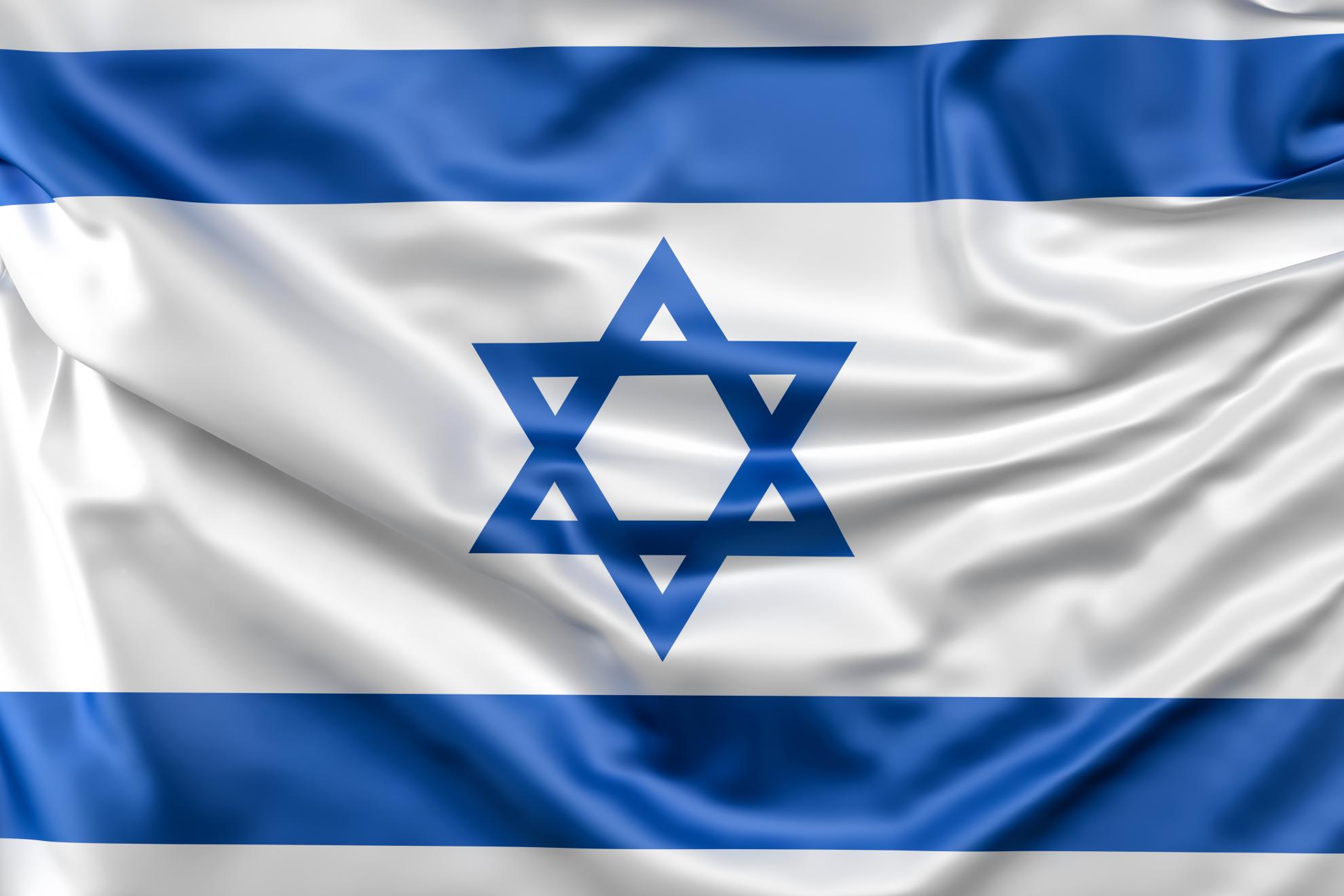May 30, 2023|י' סיון ה' אלפים תשפ"ג Behar-Bechukosai 5783 - Covenantal vs. Consumer Relationships
Print ArticleSomeone once told me that when he was a young child he was afraid of monsters coming into his house. So, one time he asked his mother, “what should I do if a monster comes to our door?” She answered him, somewhat jokingly, “invite him in and offer him a cup of tea in the kitchen”.
What this mother was teaching her son was that sometimes it’s better to face our fears, invite them in and normalize them, rather than running from them. And if we do that, we might even find there is something to learn from them.
Each year, as we read Parshas Bechukosai, there is at least some level of apprehension. And that, of course, is related to the central theme of this parsha, the tochacha, the stinging rebuke. No one wants that Aliyah. The baal korei reads it quietly. It’s the monster that we don’t want to address.
It is a shocking, prophetic tale of what will happen if we don’t listen to Hashem’s mitzvos, along with the rewards for our commitment to a life of Torah.
And while it can be uncomfortable to discuss, I believe there is a lot to learn from this section of the Torah. And Chazal believed the same.
In fact, the gemara in Megillah 31b tells us that Ezra established a practice that we always read parshas bechukosai, and the tochacha, before Shavuos. And many of the mefarshim are perplexed:
*I understand, it makes sense to read the tochacha before Tisha B’Av, maybe even before Yom Kippur. But what did Chazal see in the Tochacha that made it an appropriate PREPARATION for the Yom Tov of Shavuos?
One of my students in yeshiva, and now an up-and-coming Rabbi Dov Fink, related to me this week that he thought we could answer this question with an approach recently taught by President of Yeshiva University, Rabbi Dr. Ari Berman.
We are told at the end of the Tochacha, after all of the gloom and doom:
(מב) וְזָכַרְתִּי אֶת בְּרִיתִי יַעֲקוֹב וְאַף אֶת בְּרִיתִי יִצְחָק וְאַף אֶת בְּרִיתִי אַבְרָהָם אֶזְכֹּר וְהָאָרֶץ אֶזְכֹּר:
And I will remember the covenant of Yaakov, and the covenant of Yitzchak, and even the covenant of Avraham I will remember, and I will remember the land.
But what is the nature of this Bris? It is brought out by a gemara in Shabbos 88a. There, the gemara records a conversation between Rava and a certain heretic:
Rava was completely engrossed in Torah study, and this tzeduki confronts him and criticizes him:
“Hai ama peziza! You come from such an impulsive nation!
Most people, when they are made an offer, they consider the costs and benefits, they ask questions, they investigate. But when Hashem came to Am Yisrael and offered you the Torah, you say na’aseh v’nishma! You agreed to accept the torah before you even knew what was in it!
Rava looks up calmly and he responds:
אנן דסגינן בשלימותא
We follow Hashem with Shleimus.
And Rashi explains Rava as follows:
התהלכנו עמו בתום לב, כדרך העושים מאהבה וסמכנו עליו שלא יטעננו בדבר שלא נוכל לעמוד בו.
We follow Hashem with our whole hearts, out of love, and we rely on Him, trusting that He would never steer us towards a commitment we couldn’t handle.
Back in January, Rabbi Dr. Berman was invited to speak at Brigham Young University. They were having a forum on the topic of faith-based education, and he presented the following idea,
And this interaction between Rava and the Tzeduki represents two models of relationships that Rabbi Dr. Berman discussed at BYU:
1. The Consumer Relationship
2. The Covenantal Relationship
Sy Syms, as many of you know, was not only the namesake of the business school at Yeshiva University, but well before that he was the owner of his own clothing store, SYMS. Mr. Syms used to star in the commercials for the store, with a line that became synonymous with his brand: “An Educated Consumer is Our Best Customer”.
In the CONSUMER RELATIONSHIP, prior to making ANY DECISION one conducts research, compares the service they are considering with other similar ones. One considers the cost vs. benefit of the purchase. The more educated the decision one makes, typically, the better a customer we are. Because in the consumer relationship, the fundamental question that is being asked is, “How do I stand to benefit?”
The COVENANTAL RELATIONSHIP, however, is entirely different. It is not a one-way transaction based on what I WILL GET, it is a union of two individuals who commit one to the other. It is most naturally seen in the form of a marriage, and that is why chazal use marriage as the symbol of that covenantal relationship between Am Yisrael and HKBH. And the essential element of that relationship, of course, is NOT the benefit one receives from it, but rather the COMMITMENT I MAKE TO IT.
I’m sure many of you saw the iconic photo taken on Thursday in Rehovot:
The photo was taken by 34-year-old Lee-Aviv Dedon. Together with her husband, their baby, and their 4-year-old son Yair, she was driving through Rehovot when suddenly they heard an air raid siren. The panicked parents began to take out the baby, and meanwhile, the other door got stuck. 4 year-old Yair could not get out, but finally it opened and he ran to hide alone. The parents were caught behind him but they were out of time so they, together with their baby, hid. Terrified about where her other child was, Lee-Aviv looked up, and then she saw a sight that brought her to tears: Two soldiers were passing by when the siren went off, and when they saw 4 year-old Yair running, instead of looking for shelter, they shieled him with their bodies.
This type of heroic act is based on a relationship that is NOT transactional. A relationship that does NOT ask, what do I get? But rather from a relationship that asks how can I show my commitment to someone else? How can I give, share, and even sacrifice myself for someone else?
But there’s more. Because not only is the entire framework of these two types of relationships different, but the payoff, the meaning that is drawn from them is entirely different as well.
As Dr. Berman himself pointed out:
“Relationships, unlike purchases, are something that evolve and deepen — they are created together. A purchase is unilateral.
If a car doesn’t meet your specifications, it will not serve your purposes, so you return it. But marriage is covenantal. It’s not about objects but relationships, and it requires leaps of faith.”
The consumer model values detailed knowledge, metrics, research and analytics while covenant values faith, empathy, loyalty, curiosity and discovery. In being a consumer, there is very little risk while being in a covenant there is vulnerability, uncertainty and risk.
“But [because of that], the upside is different as well,”. “The consumer [model] is only transactional, the covenantal [model] is transformational.”
Yes, it can be more challenging to be the one who does the extra carpool run even when it isn’t our turn or the one who buys a small gift just because, but the consequence is so incredibly deep and rich.
And so, too, in our covenantal relationship with Hashem: When we stretch ourselves to shlep to a minyan even when we’re exhausted, when we decide to commit ourselves to a halacha that is really hard for us, the consequence then, too, can be so deep and so powerful.
Because it is in those moments that we show that we value the relationship more than we value our personal comfort.
And with this, we can answer our original question: Why did Ezra feel it was so important for all of Am Yisrael to read the tochacha every year before Shavuos?
Because the tochacha is a reminder of how special our relationship can be with HKBH if we remember that our relationship with Him is NOT transactional, it is COVENENTAL. As He states, “V’Zacharti Es Brisi” I will remember My Commitment to you.
And Shavuos is that moment when the bris, that covenant between Bnei Yisrael and HKBH was formed. It was the moment when Am Yisrael were offered the opportunity to join HKBH in literally transforming the course of history and bringing a new model of relationship to the world.
And it was on that day that Bnei Yisrael showed HKBH that we UNDERSTOOD THE MODEL. We didn’t ask, “what’s in it for me?” We said, “we’re in…together with You!” Naaseh V’Nishma!
The Tochacha is a reminder of just how TRANSFORMATIVE our relationship with Hashem can be, if we recognize the type of relationship it is supposed to be.
So, only a couple of weeks from Shavuos, we are reminded to not be afraid of the monster that is the tochacha, but to let him in, and to look him in the eye. To see the beauty of a relationship built not on consumerism but on the covenant we share with Hashem and with each other, and to take comfort in knowing that if we’re ready to commit, the relationship can be transformative.




